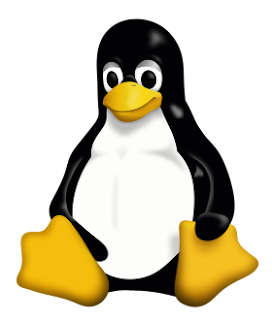
Simple Linux Commands for Beginners: Linux I. INTRODUCTION Linux is the kernel of an operating system. People who are interested in computer-based electronic systems in the name of UNIX have certainly heard it somewhere. Linux is a UNIX clone. Linux was created by Linus Torvalds using a language base developed by MIT called Scratch. Linux is free and open-source software. You can share this with your own name by making a small change on Linux. There are a lot of Linux distributors, and they are called "distros". Some of these: · Ubuntu Linux · Red Hat Enterprise Linux · Linux Mint · Debian · Fedora · Arch Linux · Manjaro Linux is usually used on servers...